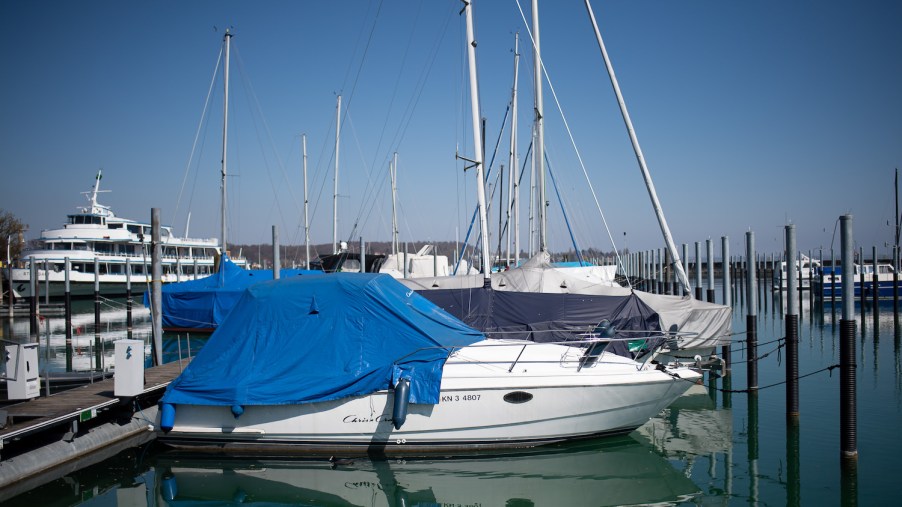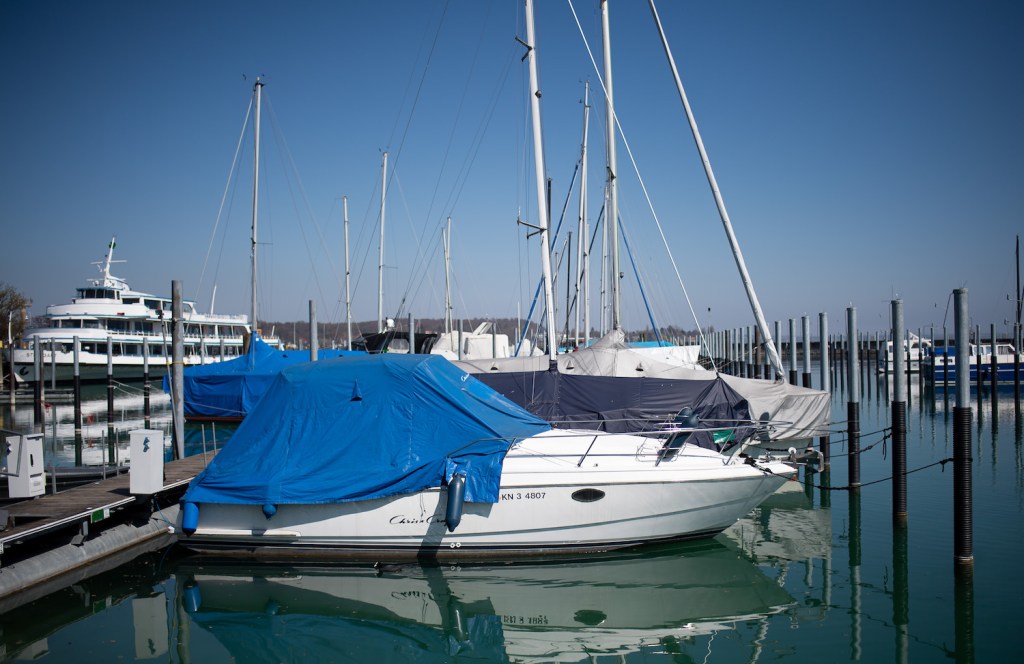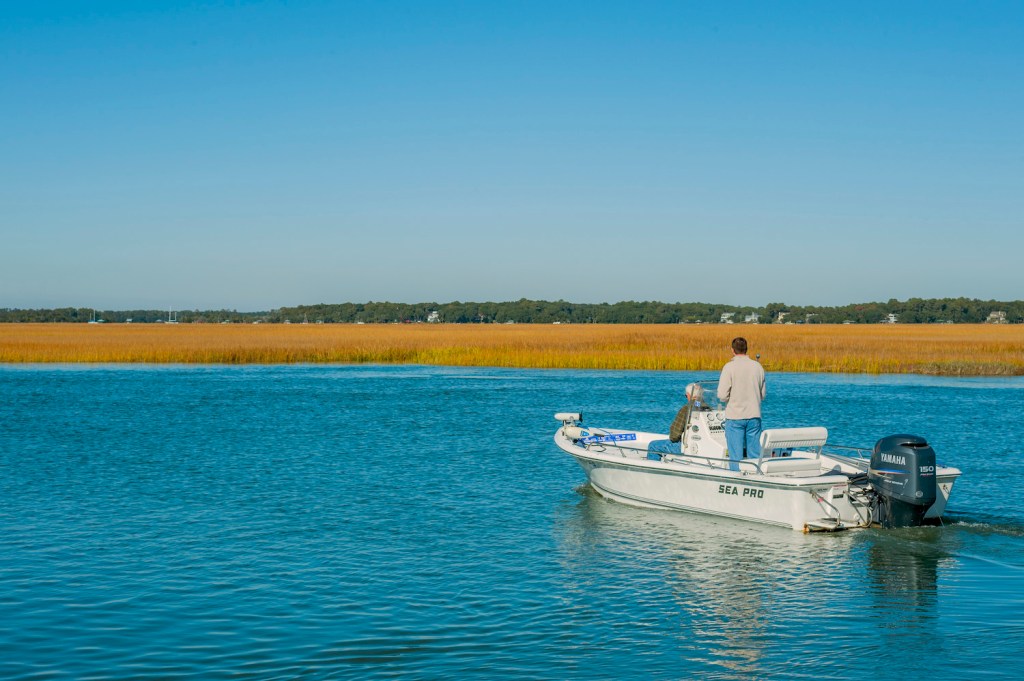
The Most Common Reasons Why Boats Breakdown
Just like cars, boats are bound to have some problems. And some of those problems? Well, they will lead to your boat breaking down. The bad news is that there are many common reasons as to why boats breakdown. Fortunately, we’re here to talk about them. Let’s get started.

Your boat will breakdown if it runs out of fuel
Now, this one is pretty easy. After all, boats don’t run on hopes and dreams. So if you run out of fuel? You can expect your boat to breakdown. Before that happens, however, Boating Guide reports that your boat will feel underpowered and even sluggish. To prevent your boat from breaking down due to a lack of fuel, Boating Guide recommends checking your boat’s fuel levels before heading out on the open waters. It’s a good idea to keep extra fuel on hand, too, should you find yourself teetering on empty.

A broken belt can lead to your boat breaking down
An empty fuel tank isn’t the only reason why boats breakdown. Merrimac Marine Insurance reports that a broken belt can also lead to your boat breaking down. In fact, without an intact belt, Merrimac Marine Insurance reports that your boat will not have a working alternator or water pump.
According to Merrimac Marine Insurance, you’ll know if you’re dealing with a broken belt when your boat’s overheat warning light comes on. Your voltage meter will also show that the alternator isn’t charging. Fortunately, Merrimac Marine Insurance reports that having spare belts and the wrenches needed to replace them can remedy this issue in a pinch. It’s essential to inspect and tighten your boat’s belt before use too.

Your boat hasn’t broken down yet but feels sluggish
Say your boat is moving, but it’s not moving quite as fast as you’d expect. Maybe, instead, it’s feeling underpowered and sluggish. If that’s the case, Boating Guide reports that you may find yourself dealing with fuel filter problems, contaminated fuel, or bad spark plugs. Fortunately, Boating Guide reports that regular maintenance can help prevent boat breakdowns related to fuel filter issues, contaminated fuel, and bad spark plugs.

What to do if your boat’s engine is overheating
If the needle on your boat’s temperature gauge is rising, your boat’s engine may be overheating. Boating reports that your boat may be experiencing a lack of water flow in the cooling loop. As Boating explains, “Outboards, most small inboards and I/Os don’t have radiators like your car, and instead use the water they are floating on to cool the engine. If that water stops flowing, the engine heats up and can ultimately fail.” As you might expect, this could lead to your boat breaking down.
Fortunately, there are ways to prevent your boat’s engine from overheating. Boating recommends regularly servicing and replacing your boat’s impeller. It’s also essential to consider its housing condition as scarring or pitting can cause the impeller to lose pumping power.
“Make sure you or your mechanic checks for corrosion or blockage in the exhaust system. Every so often, have the exhaust risers and associated components opened up for inspection. Engines with closed-loop cooling systems (essentially a radiator cooled by raw water) have additional issues such as internal clogging of the heat exchanger. Beyond ensuring that the coolant reservoir is full, periodic maintenance is the key.”
Boating
How to prevent your boat from breaking down
No one wants to deal with their boat breaking down. Fortunately, keeping up with your boat’s maintenance needs can help prevent future breakdowns. And if you do experience a breakdown on the water? The Ocean Sailing Guide suggests having orange flags and smoke flares on hand. Having a VHF marine radio that you can use to call for help is highly suggested by The Ocean Sailing Guide too.



